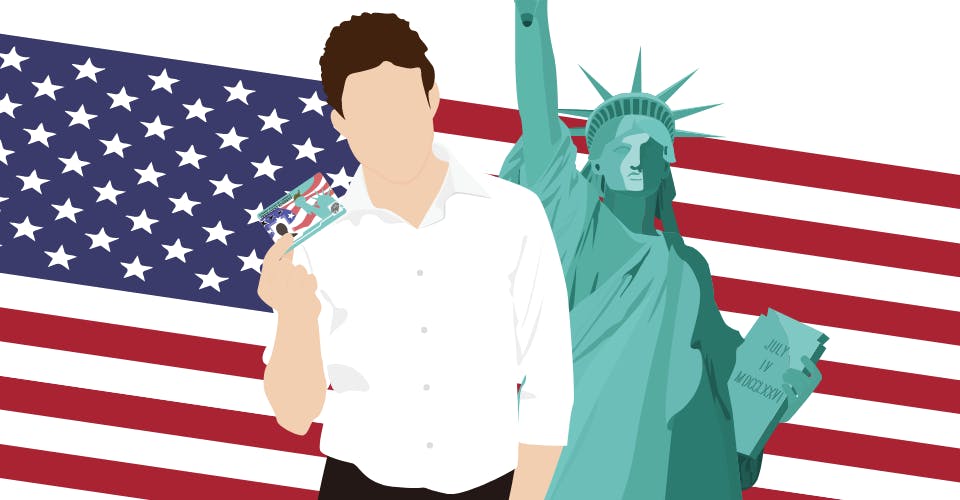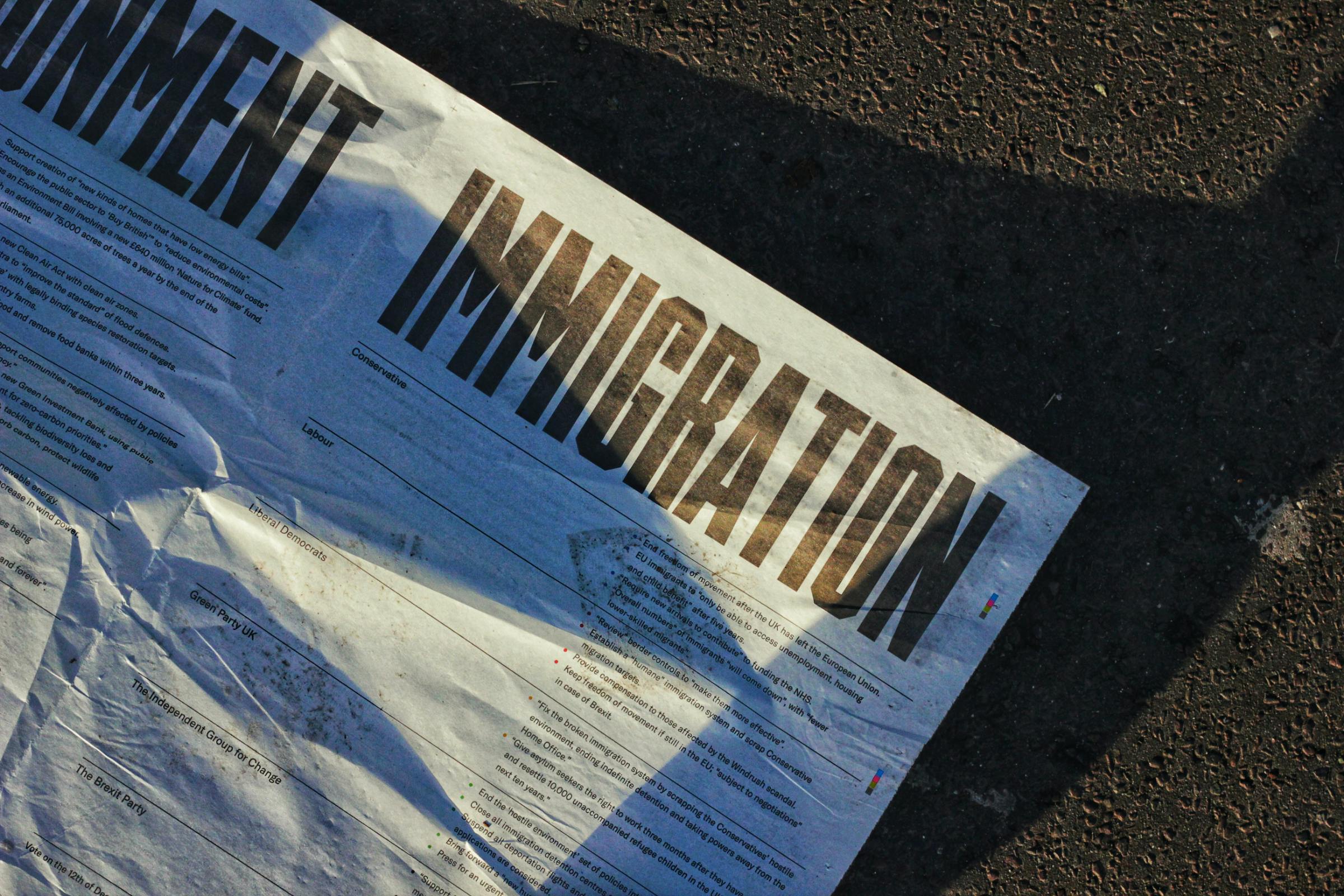The Diversity Immigrant Visa program, which is also known sometimes as the Green Card lottery, is a U.S. government lottery program that focuses on helping some individuals receive permanent residence inside the United States. The program is run by the State Department and issues 55,000 green cards annually. This lottery means that a foreigner could log onto the immigration lottery database from an internet café in their home country, and potentially win a visa (or the possibility of completing an application).
Some critics of the lottery state that the program is “no way to run an immigration system”, while proponents of the system discuss how it gives an unbelievable opportunity to those who can use their skills more broadly in the United States. For example, last year a fashion designer from Dakar, Senegal won the visa lottery and was given permission to continue the process of interviewing and working toward a green card. In this example, someone with a high skill and division of labor was able to secure entry into the United States which simply wouldn’t have been possible if the lottery were not in existence. In this way, the lottery also strengthens the workforce in the United States, to some extent, for individuals who hold advanced degrees and are interested in pursuing their talents in the American economy.
The Security Dimension
Although many democrats endorse the visa lottery, some critics on the right, and generally more conservative members of politics argue that the visa lottery presents various security risks to the United States and that the program should be eliminated entirely. This is because while visa winners may be part of top talent pools or dedicated to their careers, being issued a green card means that your closest relatives are also eligible for I-485 application, with an Alien Registration number, and supporting documents. As such, family members might not have the same motivations for careers, and in the past there have even been instances where spouses have been linked to domestic terror attacks within the country.
For example, a congressional research service report in 2011 noted the case of an Egyptian immigrant who committed a terrorist attack in 2002 at Los Angeles International Airport. He had obtained a green card as the husband of a lottery winner. While these instances are clearly not the norm and the majority of relatives of green card holders are peaceful and do not hold radicalized views of the country, the risk is still ever-present.
Because of isolated terror incidents, the current Administration has made threats to end the visa lottery entirely, arguing that such a measure would better incentivize merit-based visas, such as the ones earned by high skilled tech workers from India and other parts of Asia who are seeking careers in Silicon Valley. But there is no clear evidence that eliminating the visa lottery would simply be equivalent to shoring up more visas for skilled tech workers. The two systems do not operate entirely dependent on one another.
The American basis for immigration
Overall, the harsh nature of wanting to end the visa lottery altogether has been met by resistance from those who formed the backbone of their career and have established themselves in the United States because of the lottery. For example, Machmud Makhmudov was born in Uzbekistan, in Central Asia, although was able to move to the United States at the age of 2. He settled in an Atlanta suburb with his family and although was bullied for having a Muslim-sounding last name, he overcame such adversity and ended up receiving a baseball scholarship to Oberlin College. He was able to receive an American education— a dream for many immigrants to this day. He says he owes his success in part because of the green card lottery.
He believes that ending such a system abruptly would cut ties for other hopefuls who have similar dreams. In addition, the vetting process for all green cards includes a thorough background check, and those who are in favor of keeping the diversity lottery argue that in the case of terrorist attacks, individuals are often radicalized after immigrating to the U.S., not before. This in fact creates some neutrality around the actual visa lottery.














